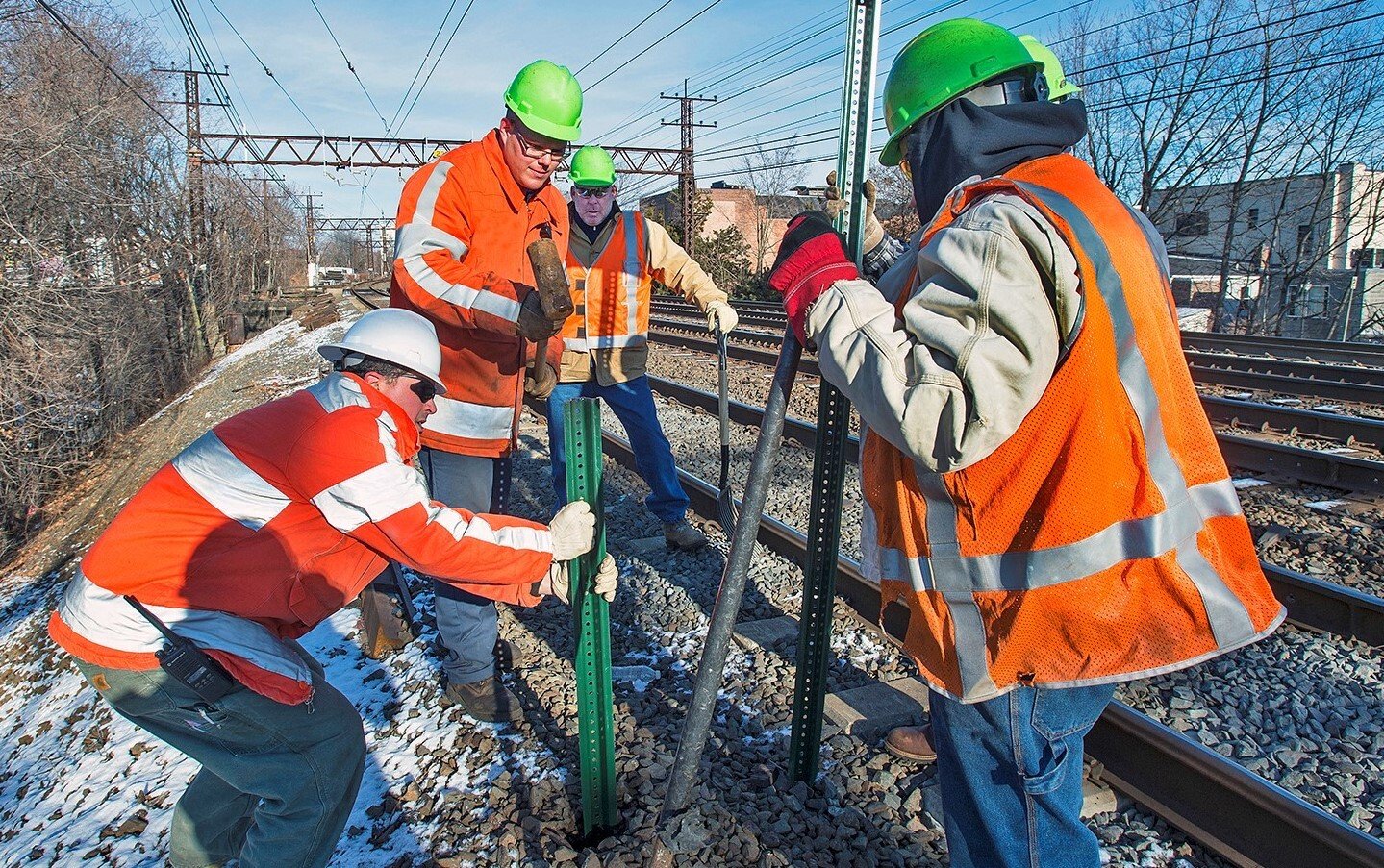 Why NASA?
Why NASA?
Experience
NASA uses the expertise it has gained from managing the highly successful Aviation Safety Reporting System (ASRS). NASA has operated ASRS since 1976 and has received over 2 million reports from the aviation community. Learn more about ASRS.
Confidentiality
Modeled after ASRS, NASA developed and launched C3RS in 2011. Since then, NASA has received over 30,000 C3RS reports. ASRS and C3RS have made numerous contributions to safety without violating reporter confidentiality.
Independent
NASA is an independent and respected research organization that does not have a regulatory or enforcement interest. It therefore serves as an independent "honest broker" that is an objective and trustworthy recipient of reports submitted by railroad professionals.

